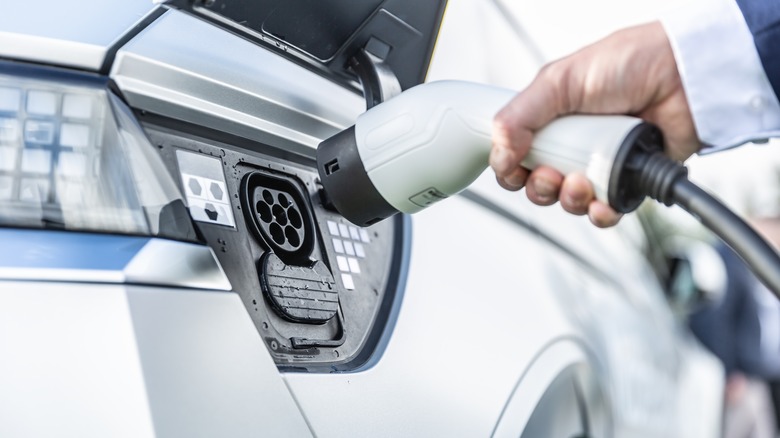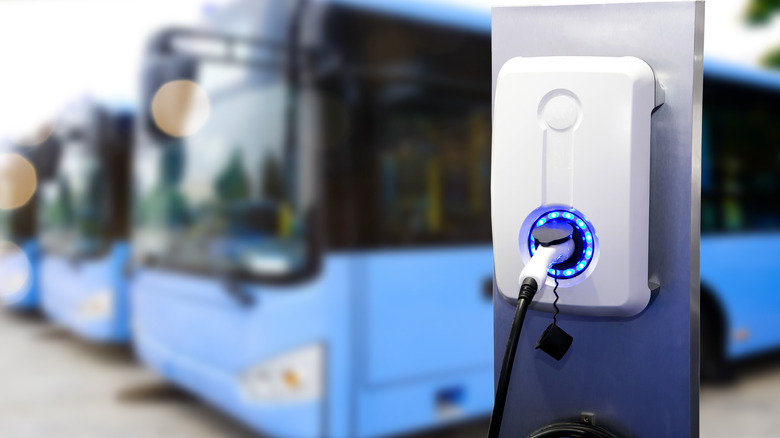Biden Administration Proposes New Emission Rules To Further Spur EV Adoption
One of the Biden-Harris administration's primary campaign promises was to put America on course to meet net-zero emissions by 2050. To help move that timeline along, the administration has proposed new pollution standards to spur the adoption of pollution-reducing technology for almost all road vehicles.
The Environmental Protection Agency (EPA) has announced two rules designed to enhance public health, fight climate change, reduce costs for families, and create well-paying jobs; all of which are welcome, society-improving wrinkles.
The first rule looks to reduce greenhouse gases, smog, and soot-forming pollutants from passenger cars, vans, and trucks. The second rule builds on the EPA's final standards released in December 2022 by updating greenhouse gas emissions standards for oversized vehicles, including buses and freight trucks. The exact parameters of these rule changes haven't been disclosed as of writing, but we're expected to hear more by 2023's end.
EPA suggests the newly proposed standards would prevent nearly 10 billion tons of CO2 emissions through 2055, equivalent to over twice the annual U.S. CO2 emissions in 2022. Economically speaking, the changes are expected to save the average consumer $12,000 over a vehicle's lifetime and reduce national reliance on oil imports by 20 billion barrels of imported oil — saving $12 billion annually.
The EV explosion is inevitable
Biden hopes to light a fire under manufacturers to create more electric and hybrid vehicles to meet the new emissions standards. Essentially, the plan is to slowly phase out fuel-based vehicles altogether. Adding to Biden's mind-blowing 2030 EV sales targets of 50%, he expects all new medium and heavy-duty vehicles to be zero-emission by 2040, and estimates automakers will need nearly 70% of their new vehicles sold to be electric by 2032 to meet the standards.
This move won't please everyone. There's a sizable and vocal contingent of vehicle owners who swear by gas for its ubiquity and flexibility, not to mention the more reasonable repair costs.
While EVs are typically more reliable over the long run and offer substantially lower energy costs than gas, battery replacements can easily match or exceed several years of general maintenance and repairs. Ideally, the cost of battery technology will have been reduced dramatically by the time these standards are in full effect (and have improved longevity, too).
If it's any consolation, the administration carefully defined the proposed standards as "technology-neutral," meaning there will be no hard bans on gas-powered automobiles. It's believed that manufacturers can still make strides in the efficiency of these vehicles. However, between more stringent standards (including more penalties for non-compliance), lucrative tax breaks, and increased infrastructure funding to go all-electric, the roads will look very different as we near the latter half of this century.

